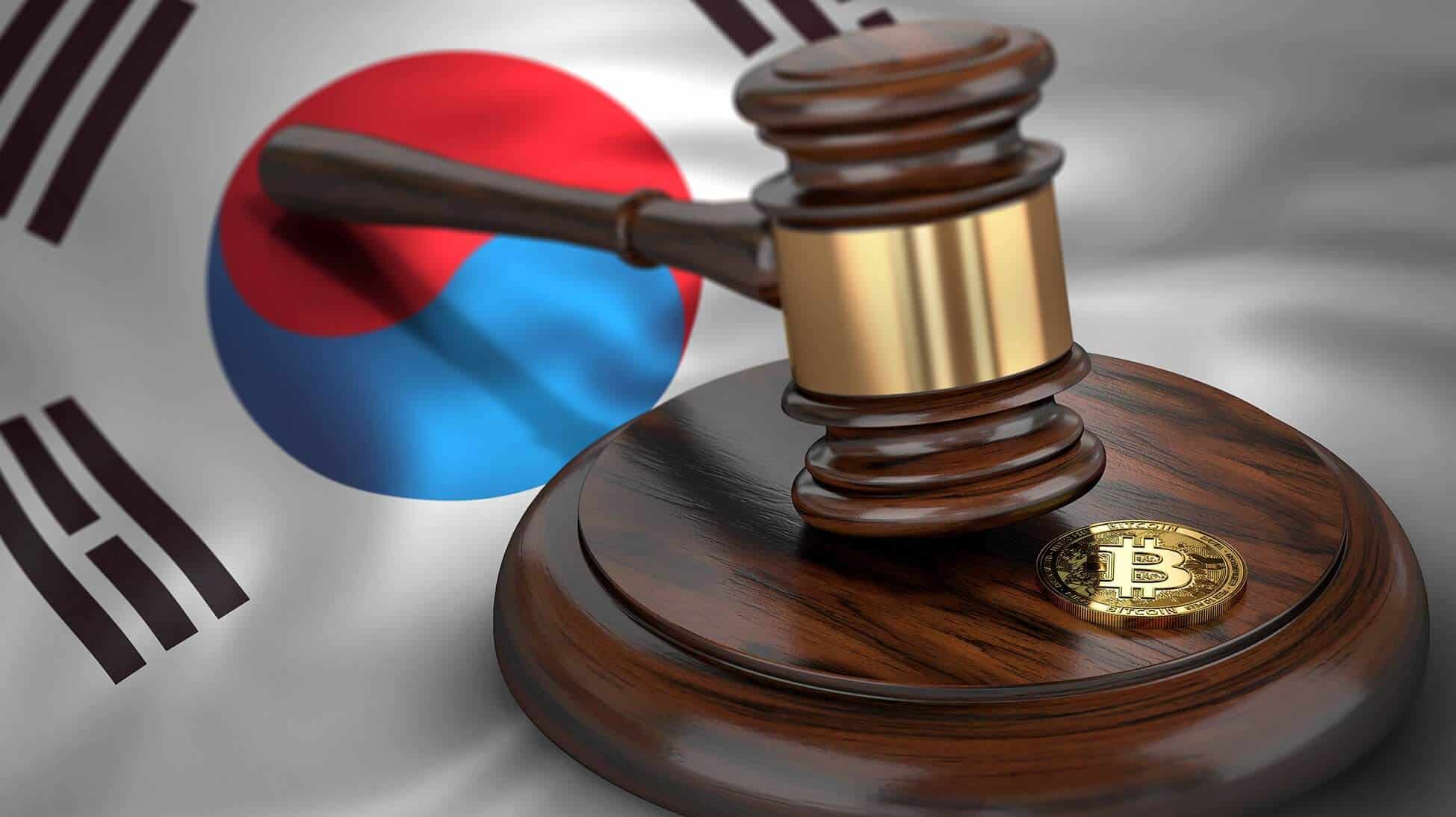In a decisive move that marks a significant escalation in the ongoing trade tensions between the United States and China, Beijing has announced an export ban on several critical rare minerals, including gallium and germanium. These minerals are essential components in a variety of high-tech products, ranging from smartphones to advanced military equipment. This ban is seen as a direct response to the U.S. government’s increasing restrictions on Chinese technology firms and its efforts to bolster domestic production of semiconductors and other critical technologies.
The Chinese Ministry of Commerce stated that the ban is necessary to protect national security and to ensure the sustainable development of the country’s mineral resources. The announcement has sent shockwaves through global markets, as both gallium and germanium are crucial for the production of semiconductors, solar panels, and other advanced technologies.
In recent years, the U.S. has taken a series of steps to limit China’s access to advanced technology, including imposing export controls on semiconductor manufacturing equipment and restricting investments in Chinese tech companies. These measures have been justified by the U.S. government on the grounds of national security, citing concerns over espionage and the potential military applications of advanced technologies.
China, which produces over 80% of the world’s gallium and germanium, is leveraging its dominance in the rare minerals market to counteract U.S. efforts. Analysts suggest that the export ban could exacerbate supply chain issues for American tech companies already grappling with semiconductor shortages and rising production costs. Major firms in the electronics and automotive sectors are likely to feel the impact, as they rely heavily on these rare minerals for their products.
The ramifications of this ban extend beyond immediate supply chain concerns. It could lead to increased prices for products that depend on these materials, further fueling inflationary pressures in the global economy. Additionally, it raises the stakes in the ongoing technology race between the U.S. and China, as both nations seek to secure their supply chains and reduce dependence on each other.
Experts warn that this move could lead to a tit-for-tat escalation, with the U.S. likely to respond with further restrictions on Chinese imports. The situation is being closely monitored by policymakers and industry leaders, who are concerned about the long-term implications for global trade and economic stability.
As the world watches this development, it is clear that the relationship between the U.S. and China is at a critical juncture, with potential consequences that could reshape the landscape of global technology and trade for years to come. The export ban on rare minerals is not just a trade issue; it is a reflection of the broader geopolitical tensions that are increasingly defining the 21st century.


